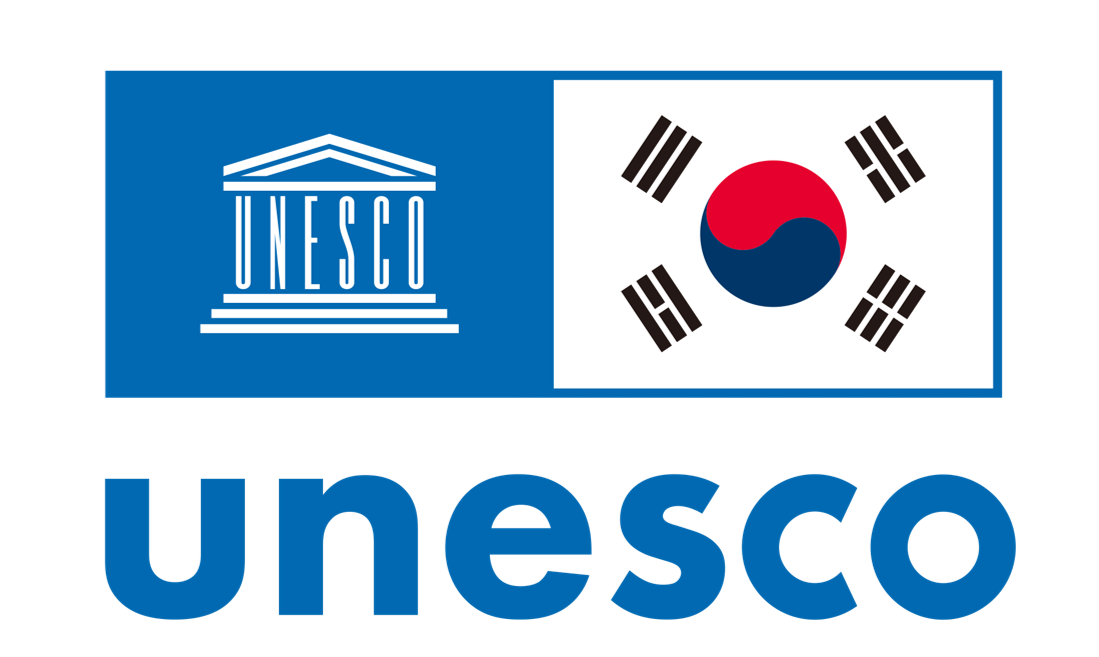- Event Title
The 8th World Humanities Forum
- Theme
“The Humanities in the Age of AI Transformation” “Exploring Paths to Coexistence”
- Date
November 4 (Tue) – 6 (Thu), 2025
- Venue
Andong International Convention Center
-
Hosts



-
Organizer

-
Implementing Organization

-
Partner
Organization
-
Sponsors


The overarching theme of the 8th World Humanities Forum is “The Humanities in the Age of AI Transformation”, with the general theme “Exploring Paths to Coexistence”. The humanities must respond to the changing times by reexamining fundamental questions about humanity and offering the best possible answers.
AI has become the new center of paradigm shifts in our time. The AI transformation is fundamentally reshaping both our society and individual lives. The humanities must respond from a new perspective to issues such as the nature of an increasingly complex world, the conditions necessary for human life, the qualities required to adapt to change, the direction of ethics and education in a changing era, human subjectivity and identity, cultural transformation, and the socio-economic upheavals brought about by changes in the labor market.
It is also a time when discourses on many issues facing humanity, such as coexistence between nature and civilization, between cultures, between generations, and between technology and humanity, must be further developed and made more concrete. Rather than merely reflecting on the past and present, we must now ask, from the perspective of the humanities, “What shall we do for tomorrow?”